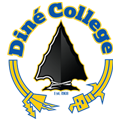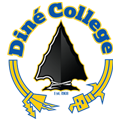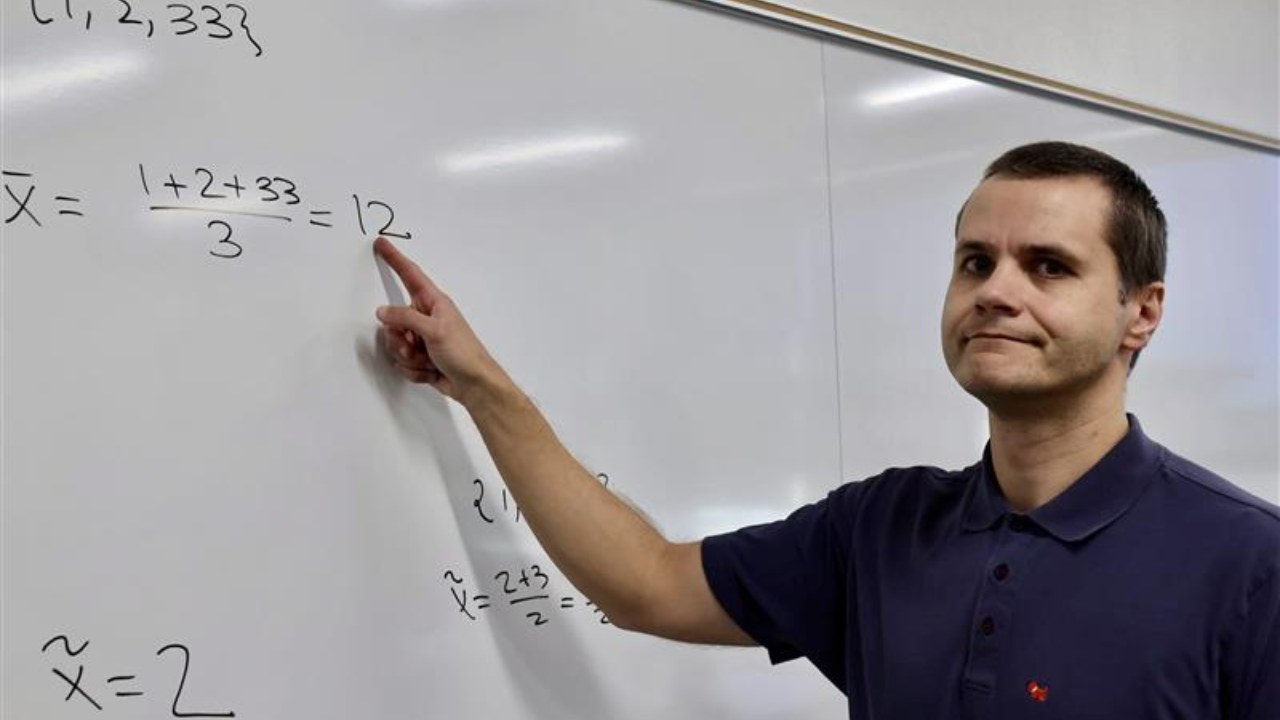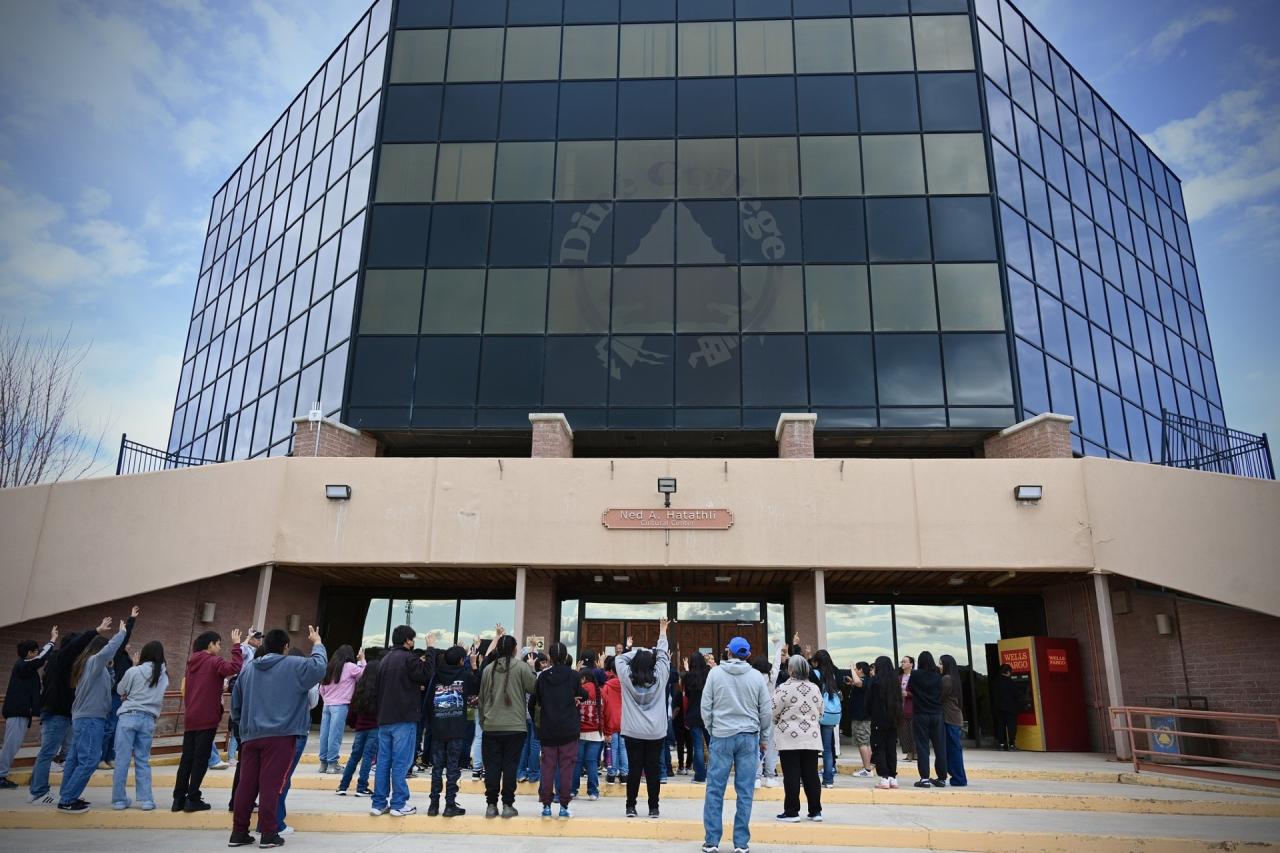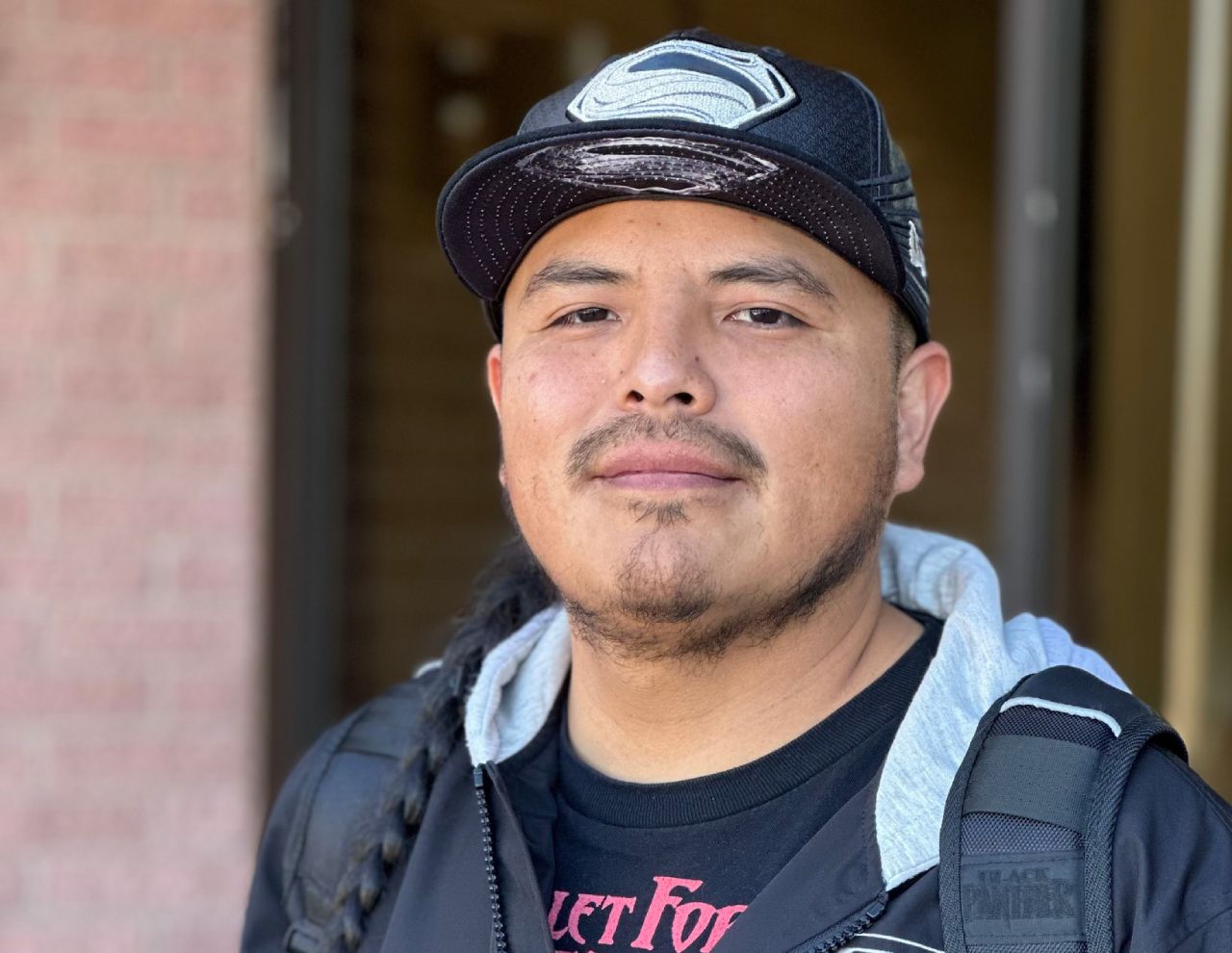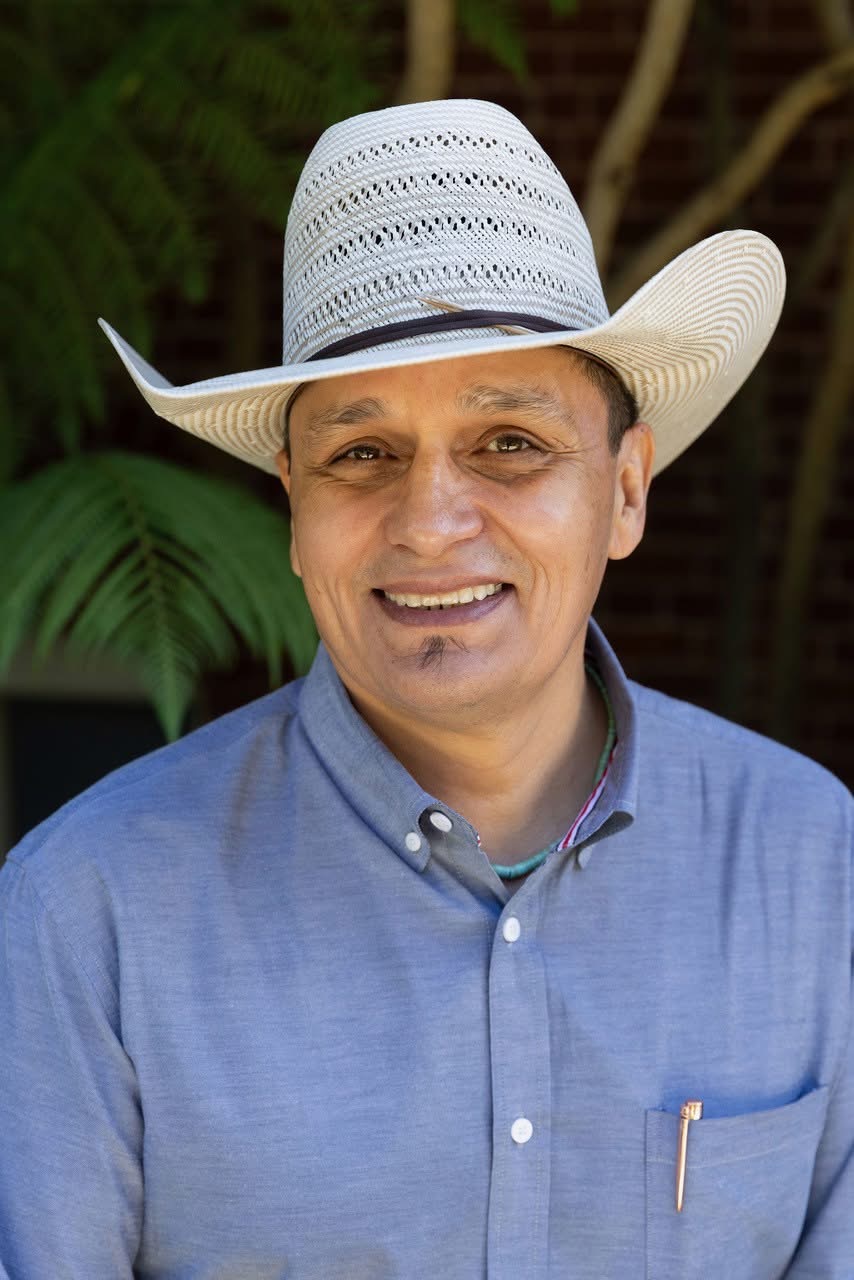Associate Professor Earns Fourth NSF Grant for Pioneering Research at Diné College
February 4, 2025
TSAILE, Ariz – Dr. Oleksandr Makeyev, an associate professor at Diné College, has been awarded his fourth research grant from the National Science Foundation (NSF), marking another milestone in advancing STEM education and research for Indigenous students. The funding will support his work on improving Concentric Ring Electrodes (CREs), noninvasive sensors used in medical diagnostics.
“This grant isn’t a personal achievement but a victory for our students and the growing research efforts at Diné College,” said Dr. Makeyev. “It is another step toward cutting-edge discoveries that also provide invaluable opportunities for our students to engage in STEM research.”
Dr. Makeyev’s project focuses on enhancing the design of CREs to improve their accuracy in measuring electrophysiological signals, which is critical for medical applications such as diagnosing disorders or conditions such as epilepsy. By comparing a tripolar CRE developed at Diné College with commercial alternatives, the project aims to optimize Laplacian signal estimation, which is vital for extracting diagnostic information.
“The findings from this research have the potential to advance the performance of these medical tools while at the same time preparing our students to tackle other complex challenges in the STEM fields,” said Makeyev.
The award underscores NSF’s broader mission of increasing STEM instructional and research capacity at tribal colleges. Beyond scientific innovation, the grant aligns with Diné College’s goal to inspire Indigenous students to pursue careers in science and engineering.
“This research award, the fourth one of its kind for my lab since 2016, is a testament to the caliber of work happening at Diné College,” said Makeyev. “With support from NSF, we’re proving that innovation and meaningful contributions can originate from any part of this country.”
The project will also involve Native undergraduate and graduate students in hands-on research, further expanding the college’s impact in STEM areas.
